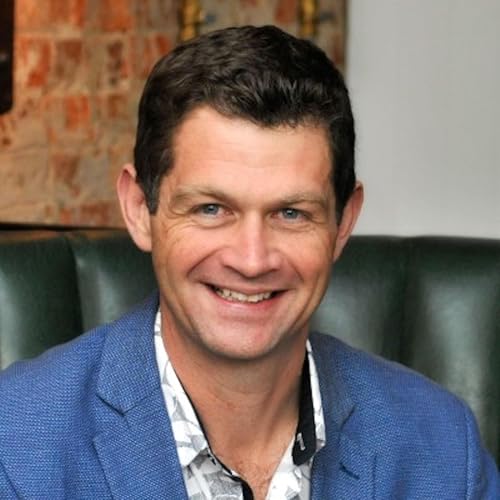Is complexity really complex of Productivity pretending to be complex ?
Simon and I discuss why this is often observed in organizations. What appears as insurmountable complexity is often rooted in inefficient processes and workflows. The key is distinguishing between inherent complexity and self-imposed inefficiency. Complexity often feels like the default in organizations, making simplicity seem impossible. Given the blurring of boundaries, the shifting paradigms and the need for constant change, we need to review our capacity to manage complexity.
Reinvention is key and all transformation shares the same human map – parenting can sharpen leadership skills given that a parent’s mission is not to succeed, but to help others succeed, just as leaders can sharpen their teams skill to develop themselves and each other, and constantly question each others' assumptions.
We explore how to frame complexity and how to create space enough to see things differently. For teams, especially in agile and DevOps models, it is so important to understand how teams fit together within the overarching organizational goal. Ideally, interdependencies between teams should be minimized to avoid slowdowns. If interdependencies exist, teams must synchronize their efforts by aligning with the same goal, which informs their prioritization.
To truly foster cooperation, and simplify processes, organizations must rethink individualistic incentives like performance reviews and bonuses, moving towards global optimization. Building intentional communities who align and swarm together can also help cut through the chaos of complexity, and become a blueprint for ho to navigate it more effectively;
Approaches like sociocracy and visual cause-and-effect diagrams to facilitate collective debugging and ensure that improvement efforts are focused on the right areas, building on the belief that people are good and that understanding complexity requires multiple perspectives and humble challenge
Whether it’s in your team, family, or community, knowing your goal and helps you prioritize, say no to distractions, and ultimately, make a significant impact. To move from “doing more” to “doing smarter,” leaders must define clear goals (the “one goal”), then establish the conditions necessary for their teams to achieve them. Just as a gardener provides water and light, a leader cultivates a safe environment, fosters learning, and ensures clear direction. For instance, if a team’s goal is to innovate, the condition might be dedicated “learning time” or a “speak-up” culture to surface roadblocks.
Whether it’s in your team, family, or community, knowing your goal and helps you prioritize, say no to distractions, and ultimately, make a significant impact. What is your one goal and how do you actively challenge assumptions within your leadership team to foster genuine improvement?.
The main insights you'll get from this episode are :
- Having shared goals but different approaches rules out a collaborative approach to identify differences, ultimately impacting on decision-making and therefore productivity.
- Reducing complexity can involve trimming it (by reducing process complexity, for example) or paying more attention to the signals that matter (with a clear goal) – focusing on progress towards a goal minimizes complexity to focus on the goal.
- Leaders can use the thinking process (five focus steps) from the theory of constraints to decide what to simplify: clarity on a single goal; cause and effect diagram; step into action; filter reality based on the goal; work out the obstacles.
- Innovation comes from constraints and...
 2026/03/0239 分
2026/03/0239 分 41 分
41 分 38 分
38 分 2026/02/0941 分
2026/02/0941 分 38 分
38 分 40 分
40 分 31 分
31 分 2026/01/1253 分
2026/01/1253 分
